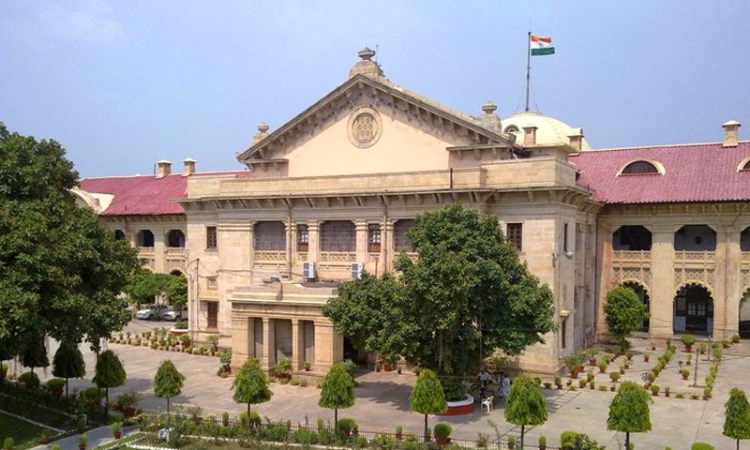'Arnab Goswami & Amish Devgan' Judgments Won't Apply When Separate FIRs Filed In Separate Incidents Under Same Offence: Allahabad HC
Sparsh Upadhyay
28 Jun 2021 5:27 PM IST

Next Story
28 Jun 2021 5:27 PM IST
The Allahabad High Court has ruled that where for separate incidents, involving in same cognizable offence, separate FIRs have been registered, the Apex Court's Judgments in the case of Arnab Ranjan Goswami and Amish Devgan won't apply.The Bench of Justice Munishwar Nath Bhandari and Justice Ajai Tyagi observed this while hearing a matter of a person accused of cheating around 3 lacs...
